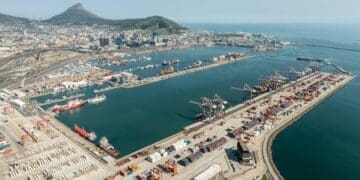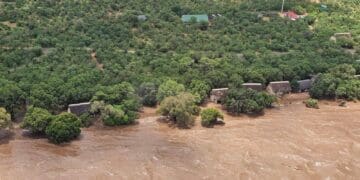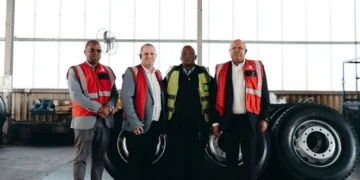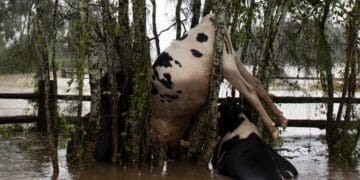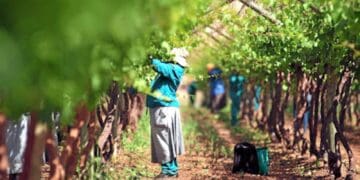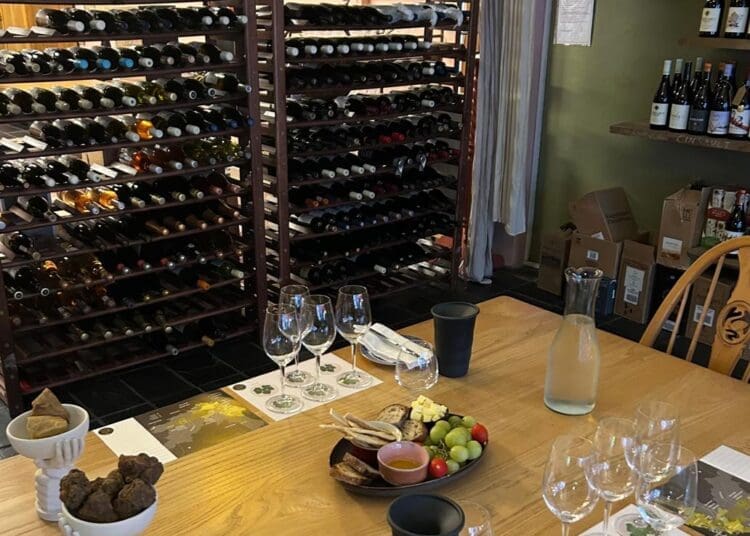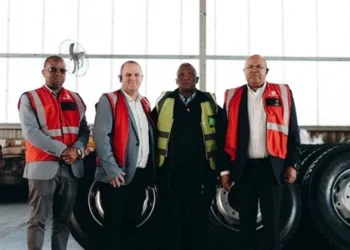As winter draws to a close, small tourism businesses in coastal towns are grappling with the seasonal slowdown that leaves beaches quiet and cash registers even quieter.
With fewer visitors, many operators are relying on winter specials, hyper-local marketing and creative tactics to stay afloat.
However, while some are experimenting with bold new strategies, others say they are doing so with little to no support from the government.
Sarah Krone, who owns The Wine Ride in Cape Town, said this year’s cold season has hit harder than expected.
“It has been a very tough winter in terms of cash flow. We have had to tighten our belts,” she said.
In response, Krone has adopted a more collaborative approach, partnering with other industries to keep her venue buzzing.
“We have had to be super creative, incorporating art, food and dance to bring people in. Being creative and pushing your brand in these quiet times is essential to survival. Hustle!”
However, despite her efforts, she feels let down by the government.
“We are extremely disappointed in terms of government tourism support. There are no new missions to get clients. It is very behind the Department of Trade, Industry and Competition we were used to,” she said.
“The support we do get is from independent tourism bodies. It is not monetary, but the collaborations are amazing.”
Gerhard Jacobs, who is the co-owner and guide at Cape Rebel Tours, said the slump has been noticeably worse than in previous years.
“Winter is normally a bit quieter, but this year is quieter than others,” he said.
To stay afloat, Jacobs and his co-owner have taken freelance guiding jobs to keep income flowing.
“We reflect on what did not work and look for ways to improve. Working for other companies also sharpens our skills.”
Jacobs believes that B-BBEE compliance criteria limit access to government support.
“I do not want to sound racist, but because we are only two white people running the business, it is really hard to get funding. We are not ranked as highly when it comes to BEE, so we must carry the burden ourselves.”
In KwaZulu-Natal, Hamboluhle Travels director Nomonde Tshagala said her experience has been different, mostly due to the nature of her business.
“Since I have no assets, I have not been affected that much, but when the weather is bad, our clients cannot travel. That is a negative impact,” she said.
She invests in digital marketing.
“We rely on online presence, social media advertising and our website.”
Tshagala acknowledged some level of support when it came to exhibitions, but not much else.
“We do get support when we go for exhibitions, but unfortunately, we have not had any luck with funding applications.”
As the tourism sector enters its post-winter phase, these voices reflect a broader concern among small operators. While innovation and resilience remain strong, the absence of consistent and inclusive government support may hinder their long-term recovery.
For now, coastal tourism SMMEs must continue to ride out the chill, largely on their own.




